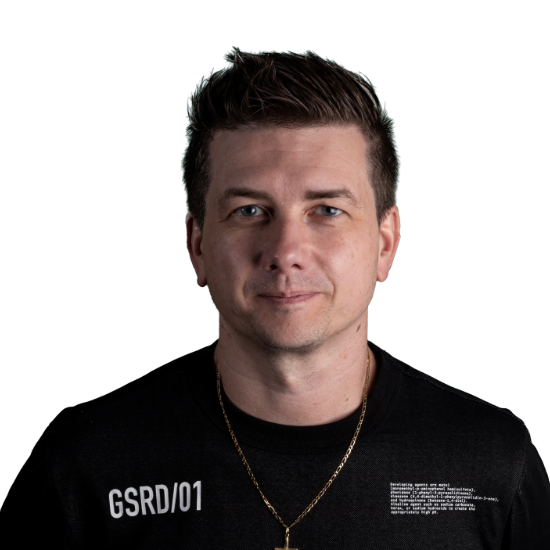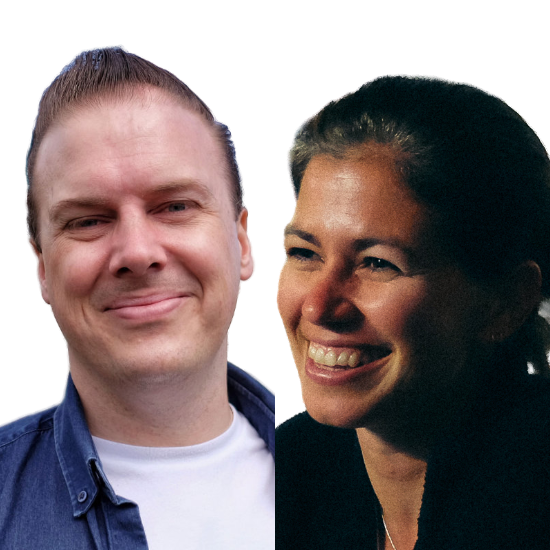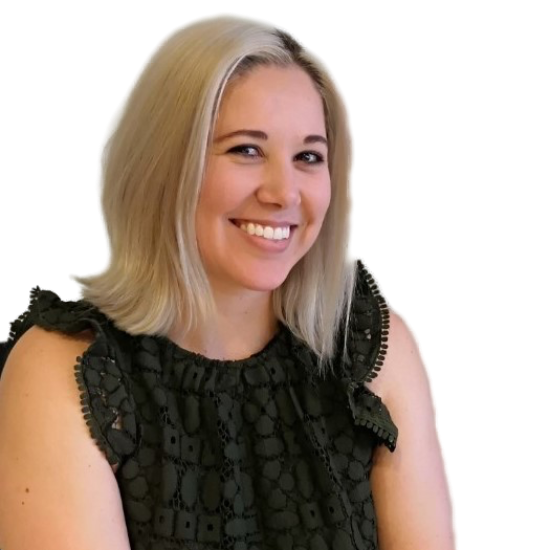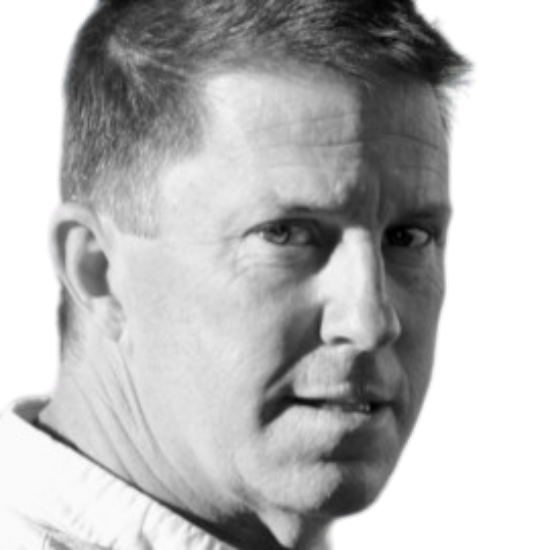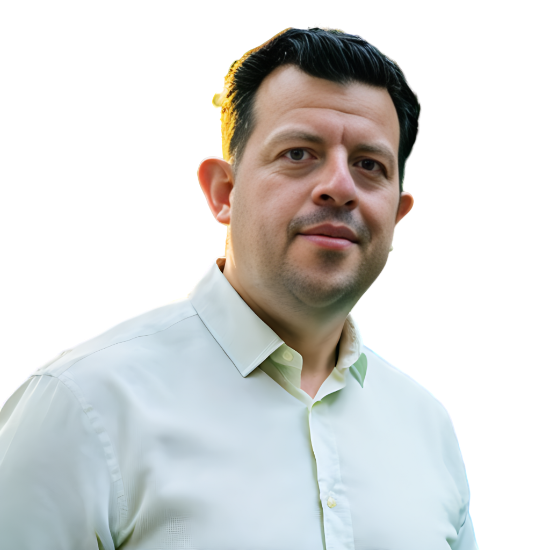October 25th
- 9am–5:00pm AEST
Registration
Grab an excellent barista coffee, while you register for a big day of amazing speakers, and more.
Welcome
Welcome, or welcome back, to Code Leaders 2023.
Balance in All Things
Chris Lienert, Principal Consultant Cognizant Servian
Despite our capacity for intelligence and logic, human are biological creatures. In biology, near enough is good enough, efficiency is relative, and we are all subject to hidden processes.
Our savannah-evolved brains are tuned to find patterns where none exist; better to think you see a predator in the undergrowth and be wrong than miss the threat and end up as dinner.
Whether you're working in machine learning or product design, you're still using the same cognitive wetware and this can have a direct impact on the work we produce.
In this presentation, we'll examine how perception works, how it can be tricked or misled, and how we can all work counter our natural biases to make the world a better place, for ourselves and others.
Confronting difficult conversations
Elle Meredith & Lachlan Hardy, Director, Consultant Blackmill
Feedback is essential for improving skills, performance, and building trust within the team. Giving feedback can sometimes be very confronting. How comfortable is your team at giving candid feedback? Or receiving it? What about you? Having to confront someone puts us in a fight, flight, or freeze response, which is a physical stress condition. Wouldn't it be nice to feel more at ease when in these situations? Or have a plan for the conversation? In this workshop you will learn what makes feedback effective, a feedback equation, and a framework to approach a confrontation. You will also role-play scenarios with examples from real life engineering teams.
Reflection
Some structured time to reflect on our opening presentations
In conversation
Chris Lienert, Elle Meredith and Lachlan Hardy with Tanya Pelly
Tanya Pelly joins our speakers from the first session to go further nto their ideas and facilitate your questions
Morning Break
Fuel your morning with an excellent coffee, and morning tea we've specially chosen to pick-you-up.
Management doesn’t need Managers
Wai Ling Ko, Head of People Bilue
When growing an organisation it is easy to follow established patterns for the organisational structure and end up with a situation with line managers, middle managers and executives. But when we did a comprehensive review of our organisation and culture, we found that most of our line managers loved mentoring and growing people, but struggled balancing that with the more administrative and managerial tasks like leave, reviews, recruiting and assigning work. And so we set out to overhaul our organisational structure into one where we have people dedicated to growing team members through mentoring and coaching and people solely responsible for organising and delivering work. This session is about sharing insights in why, what and how we did this change.
Why your team needs juniors
Tracy Powell, Head of Engineering Mentorloop
When you look at your engineering teams, how many juniors do you see? Have you heard "we're too busy to hire junior engineers" or "hiring juniors is too risky"?
In this talk Tracy will share why at Mentorloop they believe it’s not just important but imperative to hire juniors, graduates, and interns - how it helps you build an amazing engineering culture and how the shape of your engineering team directly contributes to a healthy, thriving, high performing team.
Successfully hiring and growing junior engineers doesn’t happen by accident, so Tracy will also cover how to get buy-in from senior leadership, practical tips for the hiring process, and how to create great onboarding and development plans that will get your junior developers up and running in no time. From this session, you will come away with the confidence not just to hire juniors, but the knowledge and plans to ensure that you are growing your engineering teams.
Reflection
Some structured time to reflect on our opening presentations
In conversation
Tracy Powell and Wai Ling Ko with Warwick
Warwick joins our speakers from the session to dive a bit deeper and pose your questions.
Lunch
We've always got something special lined up for lunch. But you'll have to come to find out.
Embracing neurodiversity in the workplace
Jeremy Nagel, Founder Focus Bear
Neurodistinct folks are underrepresented in the workforce. This talk explores what companies can do to embrace the strengths of ND talent and how they can best support their team.
We'll go through the findings from the Neurodiversity in Business report which surveyed 997 ND individuals and 127 organisations on the challenges ND individuals experience in the workplace as well as what accommodations work.
The talk will be grounded in Jeremy's personal experience as someone with ADHD and ASD including getting fired from 5 companies at the start of his career.
Embedding equality within your organisation’s culture / Achieving Honest and Deeper Connections with Technical Teams
Fredy Lievano, Technical Delivery Lead Local Government Association of Queensland (LGAQ)
This session will share first-hand experiences of a South American engineer working in Australia, touching on topics that are commonly difficult or challenging to talk about by Caucasian managers. Through a series of personal experiences, the talk will help the audience understand how to break barriers through empathy, connecting diversity with productivity and profit.
Reflection
Some structured time to reflect on our opening presentations
In conversation
Jeremy Nagel and Fredy Lievano with Claire Tran
Claire Tran joins our speakers from the session to dive a bit deeper and pose your questions.
Afternoon Break
Need more coffee? Or an increasingly hip tea? We've got you covered, plus a sweet afternoon pick-me-up.
Empowering High-Performing Distributed Teams
Marty Drill, CEO/Founder Luminary
How do you have a team culture where everyone has a voice? How do you have a culture where people can be themselves and at the same time not adversely impact others? The key to developing a supportive team culture where everyone is heard, lies within allowing the team to decide on what they expect from each other. The team creates how they work together.
Most teams working remotely during & post pandemic, found it difficult to connect with every member of the team.
To empower individuals, the team must value the input of each person and, at the very least, they must get along. This may be possible in an established team, though post pandemic with many people working remotely, team members can have wildly different expectations that if not met, can cause great tension. Social contracts create clear expectations & behavioural norms and an opportunity to contribute. The result is that everyone, regardless of their location, has a sense of belonging & a voice.
This session will teach you how to empower your team to create a social contract that will help them overcome team dynamics, different personalities, communication styles & behaviours by agreeing on expectations of how to work together.
How your architecture can inhibit or promote organisational change
Anthony Willis, Senior Engineering Manager Australian Broadcasting Corporation
Improving the way we work as teams is fundamental to improving team autonomy, reducing cycle time and lowering dependency bottlenecks, however sometimes impediments to improving the way we work lay in how our systems are architected. This is a case study into how the ABC re-architected our digital platforms to support improvements in the way we work. It outlines what we did, and why, and some lessons we learned along the way.
Reflection
Some structured time to reflect on our opening presentations
In conversation
Anthony Willis and Marty Drill with Craig Penfold
Craig Penfold joins our speakers from the session to dive a bit deeper and pose your questions.
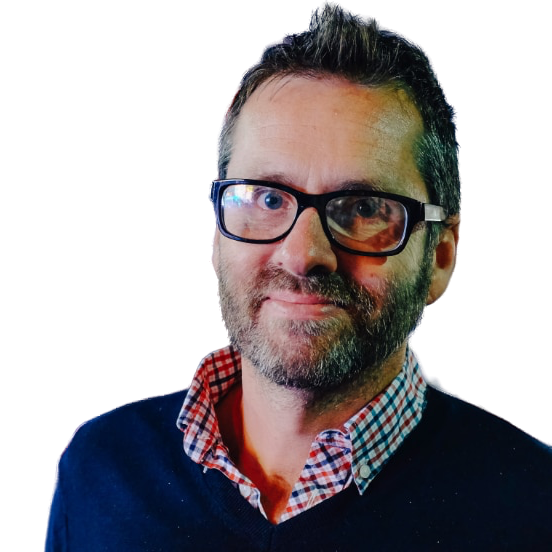
Au revoir
Farewell, but hopefully not for too long–we may even see you tomorrow for Web Directions Summit!
